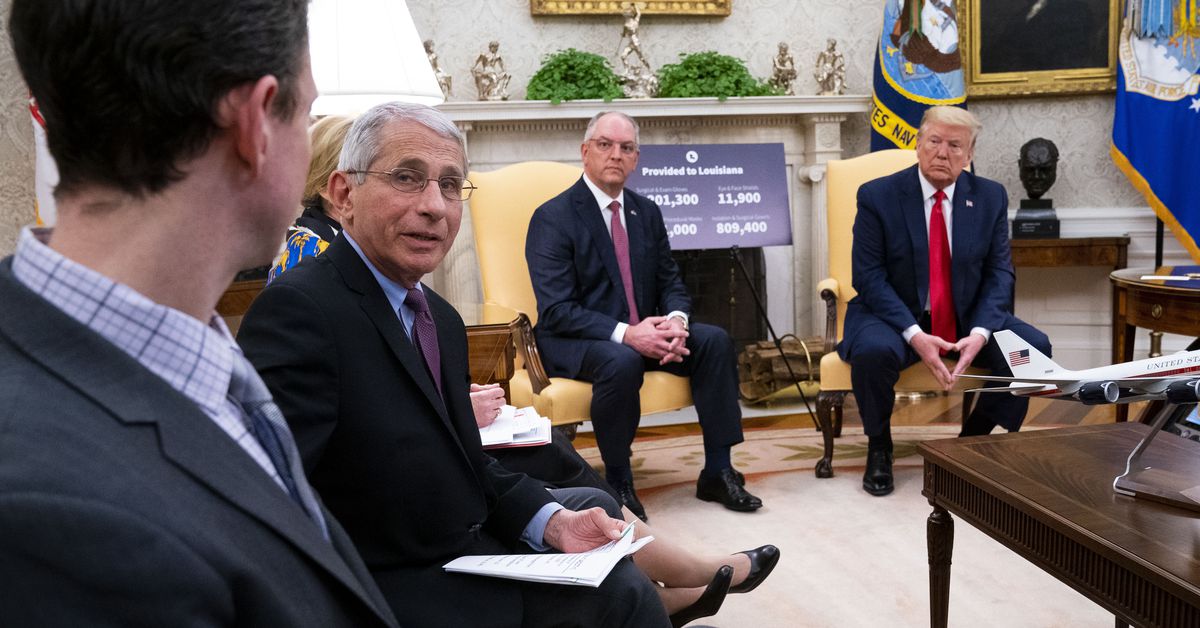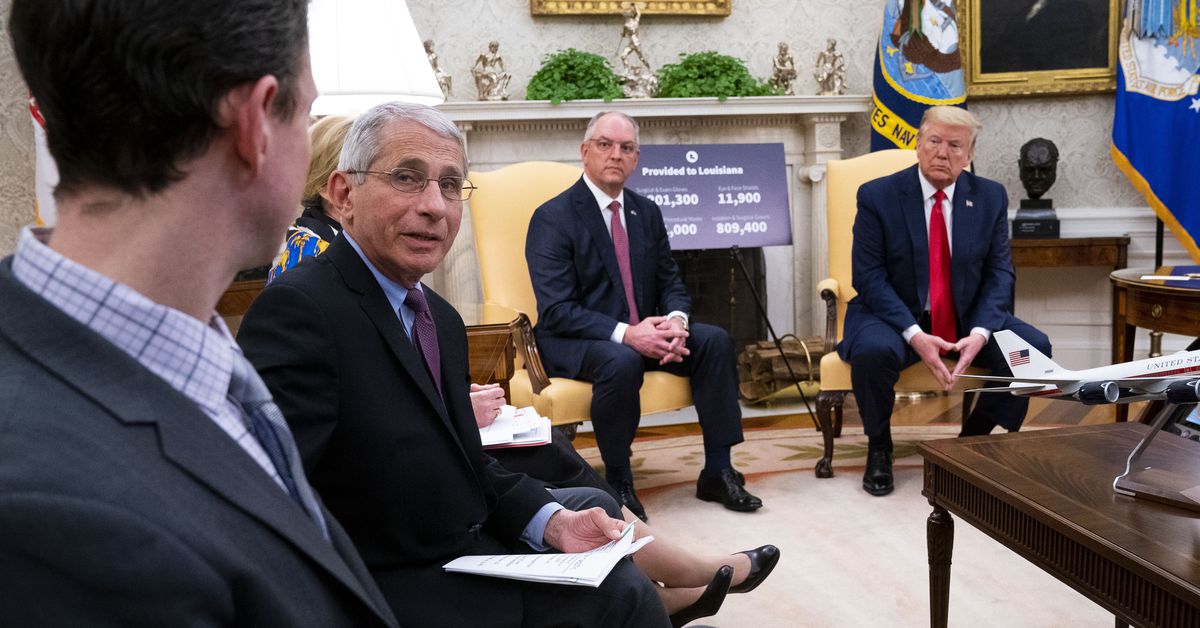
The Food and Drug Administration just authorized the emergency use of remdesivir, an experimental antiviral drug, to treat COVID-19.
Emergency authorization does not mean that the drug is FDA-approved, a standard that only comes after a detailed review showing that a drug can safely and effectively treat a particular disease. The agency can issue an emergency use authorization (EUA) for unapproved medical products that may help treat a life-threatening disease when no approved alternatives are available, and that’s what it did here.
We need final data from clinical trials included in an FDA application to determine whether remdesivir is safe and effective in treating or preventing #COVID19.
— Dr. Janet Woodcock (@DrWoodcockFDA) May 1, 2020
The authorization does not mean the drug was proven to work by the FDA’s usual benchmarks but that “the known and potential benefits of remdesivir when used to treat COVID-19 outweigh the known and potential risks of such products,” according to the agency’s authorization letter.
Under the authorization, the drug can be used to treat patients who are hospitalized with a severe enough case of the disease that they need to be given supplemental oxygen or placed on a ventilator.
Pharmaceutical company Gilead, which makes remdesivir, previously announced that it plans to give away its entire existing supply of the drug — enough to treat over 140,000 patients. Gilead said in a press release that the US government will be in charge of distributing remdesivir to hospitals, but it is still unclear when the company will start to ship the drug under the new authorization.
Research showing that remdesivir blocks the activity of the novel coronavirus in cells made it a leading candidate to treat it. Gilead originally developed the drug to treat Ebola. Prior to this authorization, doctors could treat COVID-19 patients with remdesivir by enrolling them in clinical trials or making individual requests to the drug company under the FDA’s compassionate use policy.
Data from clinical trials of the drug has been mixed. The National Institute of Allergy and Infectious Diseases (NIAID) said this week that patients in its study who were treated with remdesivir recovered from COVID-19 four days faster than patients who were given a placebo. Eight percent of the group given the drug died, compared to 11 percent of the placebo group. The NIAID said it will release more detailed data on the study, which included over 1,000 patients, later on, leaving the findings difficult to critically analyze at this point.
Anthony Fauci, director of the NIAID, called the results “good news.” “What it has proven is a drug can block this virus,” he said in the White House this week. Former FDA commissioner Scott Gottlieb had a more reserved take on the results. “Evolutionary, not revolutionary,” he tweeted.
Good, succinct take by @CarlosdelRio7. Evolutionary, not revolutionary. Remdesivir appears active, may help some patients. A beginning. We’ll need better drugs and ultimately a vaccine. But this could help if used appropriately, especially if we also have antibody drugs by Fall. https://t.co/gUt7M6AGpt
— Scott Gottlieb, MD (@ScottGottliebMD) April 29, 2020
However, a Chinese study also published the same day found that patients given the drug did not improve more quickly than patients who were treated with a placebo. “Unfortunately, our trial found that while safe and adequately tolerated, remdesivir did not provide significant benefits over placebo,” the lead investigator of the study, Bin Cao of the China-Japan Friendship Hospital and Capital Medical University in Beijing, told The New York Times.
Testing drugs is hard under normal circumstances and even more challenging during an active pandemic. The novel coronavirus is killing thousands of people every day, and people all around the world are desperate for answers — putting tremendous pressure on any new data and inflating any positive signal. No drug has proven to be a safe and effective treatment for COVID-19, and research into remdesivir and other treatment candidates continues.
